In the realm of healthcare, innovation is not just welcomed; it is necessary. One such breakthrough that has been making waves is the concept of a mobile dental clinic in Southern California (So-Cal). This pioneering approach aims to make high-quality dental services accessible to everyone, regardless of their location or socioeconomic status. Mobile dentistry is not just a convenience; it’s a necessity in a society that values health equity.
The concept of mobile dentistry is straightforward yet profound: dental clinics are set up in vehicles such as vans or buses that travel to underserved areas. These mobile clinics are equipped with all the necessary tools and technologies that a stationary dental office would have. From routine check-ups and cleanings to more complex procedures like extractions and root canals, these mobile units are outfitted to handle a variety of dental needs on the go.
One of the core advantages of mobile dentistry is its ability to bridge the gap in dental care access. Many communities, especially in rural or impoverished areas, do not have sufficient dental care facilities. For residents of these areas, the nearest dental clinic could be hours away, making regular visits a challenge. Mobile dentistry eradicates this barrier by bringing the dental office directly to these communities, ensuring that geographical location does not dictate one’s ability to achieve oral health.
Furthermore, mobile dentistry plays a crucial role in catering to populations that are often overlooked when it comes to healthcare. Elderly individuals in nursing homes, students in schools, employees in large corporate settings, and even inmates in correctional facilities can benefit from on-site dental services. By providing care directly to these groups, mobile dentistry ensures that more people have the opportunity to receive regular dental care, which is vital for overall health.
The benefits of mobile dentistry extend beyond mere convenience. For many, it is a cost-effective solution that can help reduce the overall expenses associated with dental care. By decreasing the need for travel and offering services in a consolidated manner, mobile clinics can operate at lower costs. These savings can then be passed on to patients, making dental care more affordable and preventing the need for more drastic and expensive procedures in the future due to neglect.
Moreover, mobile dentistry is not just about treatment; it’s about education and prevention. These mobile units often serve as educational resources, providing communities with valuable information about oral hygiene practices. This proactive approach helps individuals understand the importance of oral health and how it relates to overall health, potentially reducing the incidence of dental issues through better preventive care.
Quality of care is a cornerstone of mobile dentistry. Contrary to what some might assume, these mobile clinics do not compromise on the standard of care provided. They are staffed by qualified and experienced dental professionals who use state-of-the-art equipment to deliver care. These practitioners are often driven by a mission to serve and a passion for making a difference, which translates into high-quality care for their patients.
However, the road to widespread adoption of mobile dentistry is not without its challenges. Regulatory hurdles, funding issues, and logistical complexities need to be addressed to expand these services. Despite these obstacles, the potential of mobile dentistry to make a significant impact on public health is immense.
Summing up, a mobile dental clinic So-Cal represents a critical evolution in the field of dental care. It embodies the principles of equity and accessibility, ensuring that high-quality dental services are not a privilege for the few but a right for all.




